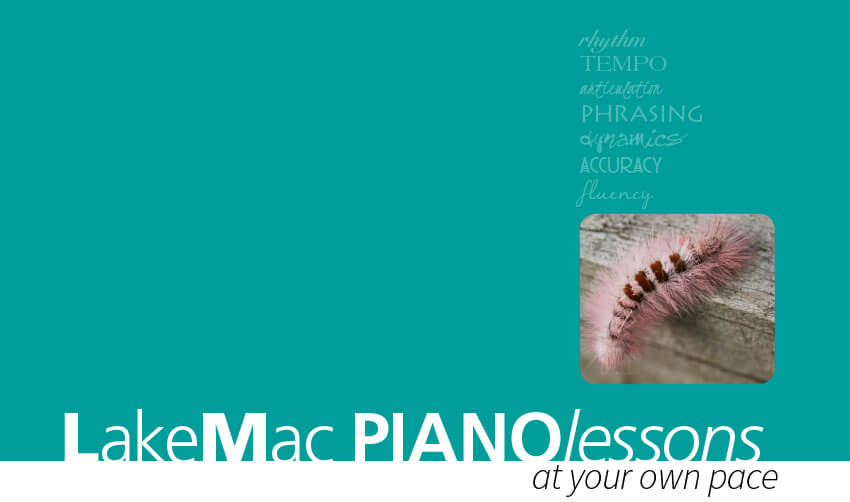
About Piano Lessons
A lesson lasts half an hour or an hour during which time I will progressively teach you how to read and interpret music. It is then up to you to practice what you have learned in order to absorb and understand. I suggest at least half an hour most days of the week to start; the more you practice the more I can teach you. Practice creates and strengthens neurological pathways that can last a lifetime so that you can remember music you haven't played for years.
In my experience no child will voluntarily sit down at the keyboard and practice. Parental supervision and encouragement is always needed.
If there is a particular piece you would like to learn, especially if you are resuming after a break, let me know. I would rather use a piece you want to play as a teaching tool than something you find uninspiring.
I use a wide range of musical styles for instruction in rhythm, note patterns, musicality and every other aspect of understanding music. Finger training for skills such as flexibility and control are essential if you want to play any musical style so I emphasise the importance of studies which focus on particular areas of expertise; they form a solid foundation for your technique.
This is not to imply that learning to play the piano is boring! On the other hand nothing will ever replace solid, constructive practice which is essential in any endeavour. The rewards in the end can be huge and give you a lifetime of enjoyment and involvement. Learning how to read and interpret music means you can learn to play any instrument.